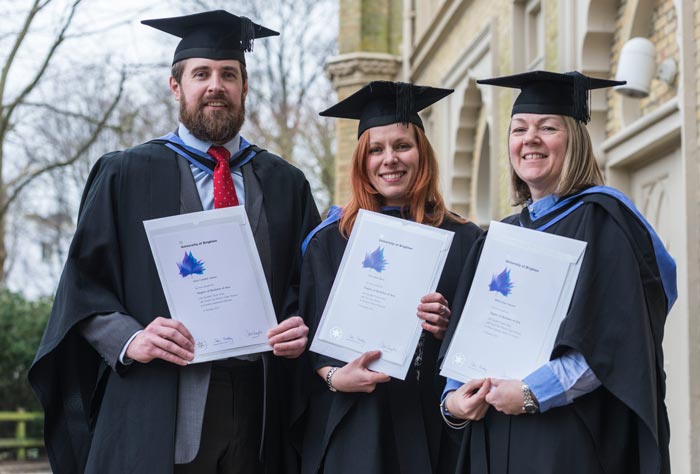
Civvy Life: Steve Cook – Hampshire Hospitals NHS
Steve Cook is the Lifelong Learning Lead at Hampshire Hospitals NHS Foundation Trust. Here he tells Civvy Street about how Service-leavers should present themselves to potential employers.
What’s your Military background?
I served in the Royal Air Force for 32 years as a medic. I started off my Military career working as a volunteer in the RAF Mountain Rescue service. I then became a field medic with the Joint Helicopter and Harrier forces and the Royal Engineers. During my career I was deployed on numerous operations throughout the world, often as the single medic. My career has lead me to work in many different fields including aeromedical, primary and secondary care so I’ve worked in clinics and hospitals. In the later part of my career I went into Joint Service Training specialising in remote areas and Search & Rescue medical training. My final post was in Joint Medical Command where I was Lead Analyst looking at training medical personnel in the Armed Forces.
How was your resettlement?
My resettlement was really easy. As you can imagine I’m quite a specialist in what I do. I just literally transferred from the Military into the NHS.
The advice I give to Military personnel is that we often undersell ourselves. The very nature of what we do in the Military means that we’re multi-skilled and multi-trained. My expertise doesn’t just lie in the medical world; I can teach, I’m HR qualified, I can run a small IT system, I’m Health & Safety trained, I’m a chartered manager – and it goes on and on and on. During our Service careers we build in so many bits of education and so one of the top tips I would give to any Serviceperson is that if you have a chance whilst being a member of the Armed Services to pick up a civilian qualification when you do a promotion course or a speciality course; grasp it. That is really important because in the civilian world they don’t understand a thing you do in the Military. It’s fine if you talk with ex-Servicepeople because we understand but if you talk with civilians, they haven’t got a clue. They don’t give a damn what rank you are, what position you held or anything like that. They just want to know what your experiences are and what qualifications you’ve got.
What skills and experiences from your Military career do you draw on?
We’re ‘Completer Finishers’ in the Military, ie: we’re given a task and we complete it. The NHS as a whole is not as task orientated as the Military. Military people will come in and look at something, find the solution and complete, it’s a winner – and it makes people shine. That opens up avenues for much higher paid careers and better career profiles so that is without doubt, a good thing. Military people always do the work on time, they don’t mind working late, they never complain and it goes on and on doesn’t it.
Are applications from Service-leavers seen favourably by Hampshire Hospitals NHS Foundation Trust?
I think without a doubt we are looking for people from the Armed Forces that are coming up to or have retired and are looking to come into the NHS. That’s part of what I’m trying to do.
What advice would you give to Service-leavers based on your own experience?
There are two bits of advice I would always give a Serviceperson: Do not undersell yourself and two: lower your expectation initially with regard to wages. The NHS will bring you in and develop you. You can receive quite rapid promotion and you haven’t got to wait for a certain period of time or have the right appraisal or anything like that. If you suddenly find you have the experience and want to go for a job that’s three bands above what you’re currently paid, you can go for it. So take that on board.
What do you miss about the Armed Forces?
This will be something you’ll have heard time and time again: friendship and camaraderie. Without a doubt we are a very tight-knit, close community. There isn’t anything else I miss to be honest.
Is that camaraderie similar in the NHS?
Absolutely. There’s a very supportive community here and to be honest that is not unique to the NHS. I cross over into fire and ambulance and into the police as well. That’s a blue light ethos – it’s exactly the same as the Military.
What’s the best thing about being back on Civvy Street?
I have weekends off! I’m not going to Afghanistan in an hour’s time!
My life is more regulated and that’s a bonus. I get to go home at the end of a day’s work.



